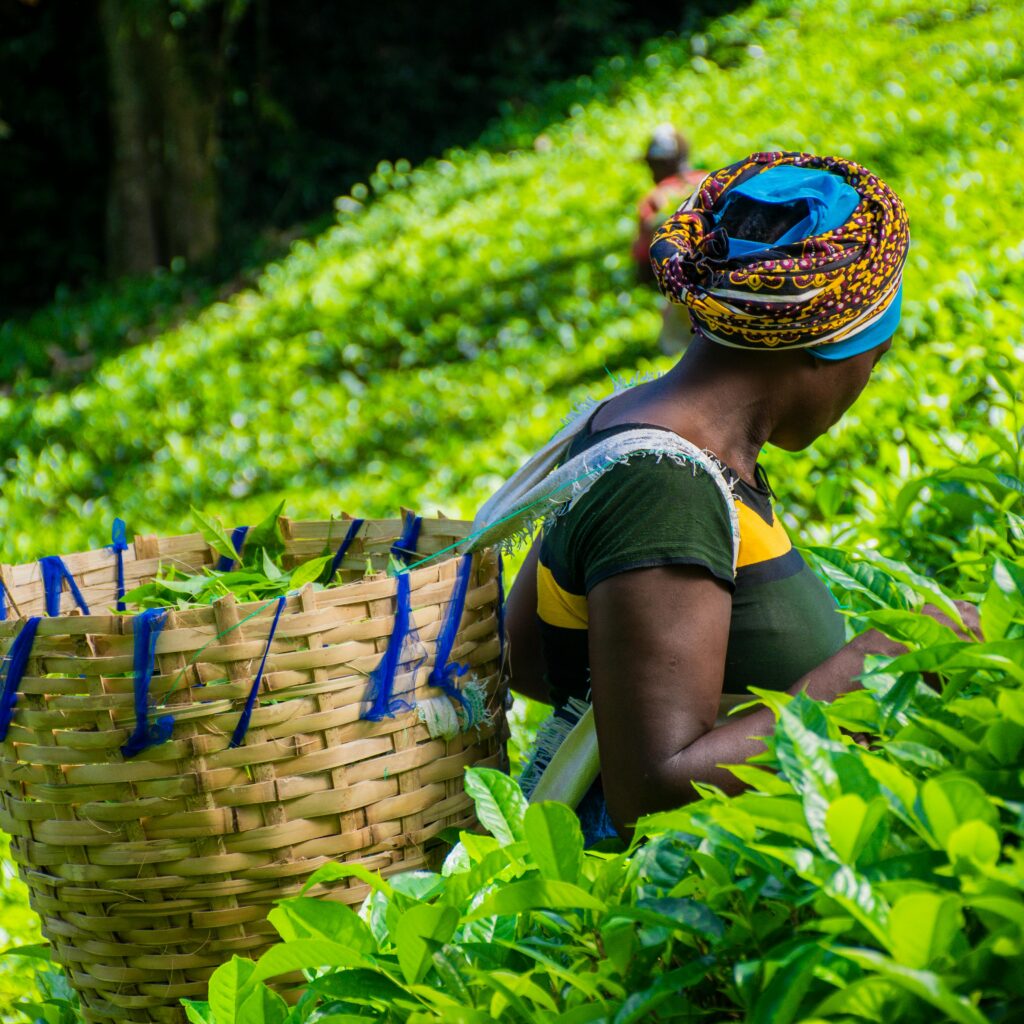Indigenous communities in Nigeria are distinct social and cultural groups with ancestral ties to their lands and natural resources. These connections are fundamental to their identity, culture, survival, and holistic well-being. Members of these communities maintain their traditional heritage, native languages alongside their country’s official language while they possess traditional leadership structures distinct from Western models. These indigenous communities in Nigeria face significant environmental, socio-economic, and agricultural challenges due to climate change. They are particularly vulnerable to climate disruptions due to their deep connections with the environment through their ways of life, cultural practices, belief systems, traditional business enterprises and social structures. Their vulnerability is heightened by historical marginalization, which has stripped them of land rights and cultural traditions, making them especially susceptible to climate crisis.
Indigenous community’s loss and damage encompasses the societal and environmental costs of climate impacts, hunger, including economic losses (damaged infrastructure and reduced agricultural output) and non-economic losses (human lives, livelihoods, cultural heritage, identity, and biodiversity). Indigenous communities in Nigeria face irreversible climate change impacts, including severe flooding, rising sea levels, desertification, stronger winds, higher temperatures, prolonged droughts, heat waves, diminishing water resources, intense solar radiation, and altered rainfall patterns. These climate changes have increased hunger and disease rates among humans, crops, and animals.
Recent decades have shown growing interest in how Indigenous knowledge can address climate change impacts and uncertainties in Nigeria. Indigenous knowledge system (IKS) provides crucial evidence of climate change impacts on vulnerable communities, particularly at the local level. It has proven valuable in developing and implementing adaptation strategies while supporting Indigenous peoples’ rights and fostering community ownership of these initiatives. The growing interest in documenting indigenous knowledge stems from both its cultural significance and potential to create locally relevant and acceptable climate adaptation solutions in Nigeria. Nevertheless, the recent interest in indigenous knowledge system faces challenges due to its gradual decline among various traditional communities. While substantial empirical research exists on indigenous knowledge, it hasn’t been adequately integrated into adaptation and mitigation planning, particularly in Nigeria. The preservation and transmission of indigenous knowledge system faces significant challenges, particularly in demonstrating its value within Western society. In addition to this, modern knowledge systems’ with limited capacity to incorporate local context, community values, and aspirations widens the gap in understanding climate risk.
The interplay between traditional and modern knowledge systems underscores the need to integrate both perspectives into climate strategies, particularly when they complement each other. Strengthening Indigenous peoples’ resilience to climate change in Nigeria is crucial for promoting social equity and justice. We have implemented this approach in our project “Unlocking Sustainable Solutions for Employment and Entrepreneurship: Empowering African Youth Through Indigenous Knowledge.” The project examines case studies of fisheries, indigenous liquor production, palm wine tapping, traditional orthopedic practices (Bone Setters), palm oil production, traditional midwifery, cassava and timber logging in Lagos State communities
including Itoikin, Oke-ogun, Epe, Makoko, Igbo-Nla, Oko-Baba, Oriba and Alagomeji. The initiative leverages evidence-based indigenous knowledge to promote youth entrepreneurship, empowering communities, reduced poverty, enhance climate resilience, and to strengthen indigenous communities and their people.
The article concludes that indigenous knowledge can significantly enhance climate policies and actions. By strengthening indigenous knowledge systems and empowering local communities, we can build climate-resilient societies. Furthermore, it is crucial to respect indigenous peoples’ rights in their ancestral lands, territories, resources, and traditional ways of life. Engaging indigenous peoples as key stakeholders in climate planning and implementation yields more contextually relevant and effective solutions, fostering innovation, local ownership, and enhanced impact of climate initiatives. Our research project advocates for the incorporation of indigenous knowledge systems into climate change adaptation strategies across local, national, and regional levels in Lagos State, Nigeria. We advocate for legislation that protects Indigenous intellectual property on locally produced items and traditional knowledge systems.
The specific ways in which climate adaptation can support the various economic activities are listed below:
* Creation of awareness and re-orientation among indigenous people about the reality and effect of climate change to the entrepreneurship endeavours of all stakeholders within various communities.
* Irrigation methods of farming should be intensified and adopted by farmers when unfavourable climate change seasons beacons to ensure food sustainability throughout all seasons for indigenous people.
* Diversification into other means of livelihoods that are capable of sustaining indigenous entrepreneurship endeavours for the people during scarce or harsh climate conditions;
* For adaptation purposes, indigenous people should endeavor to easily adjust to the seasons initiated by climate changes to run their economic activities;
* Indigenous communities should address early warning signs of tough climatic situation to ameliorate the impact of climate change on fishing activities, traditional fisher folks should adopt aquaculture practices to reduce paucity of fish that might lead to inflation during drought.
* There should be committed political will from our leaders for effective climate change policy to be implemented, so as to ensure sustainable fishing and other economic activities that will guarantee indigenous peoples means of livelihoods and food security.
* Alternative products to wood log usage in building constructions should be encouraged for adaptation purposes, this is to discourage wood loggers from deforesting the trees.
By
Dr Adebowale Ayobade
Department of Social Work
Faculty of Social Sciences
University of Lagos
Akoka, Lagos
E-mailLaayobade@unilag.edu.ng, ayobade2000@yahoo.com
And
Miss Ayodele Oloko
Institute for the Oceans and Fisheries,
University of British Columbia,
Canada
E-mail: a.oloko@oceans.ubc.ca


